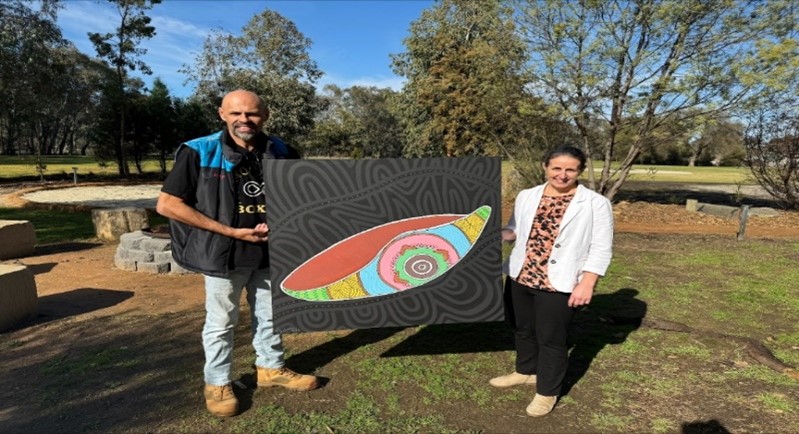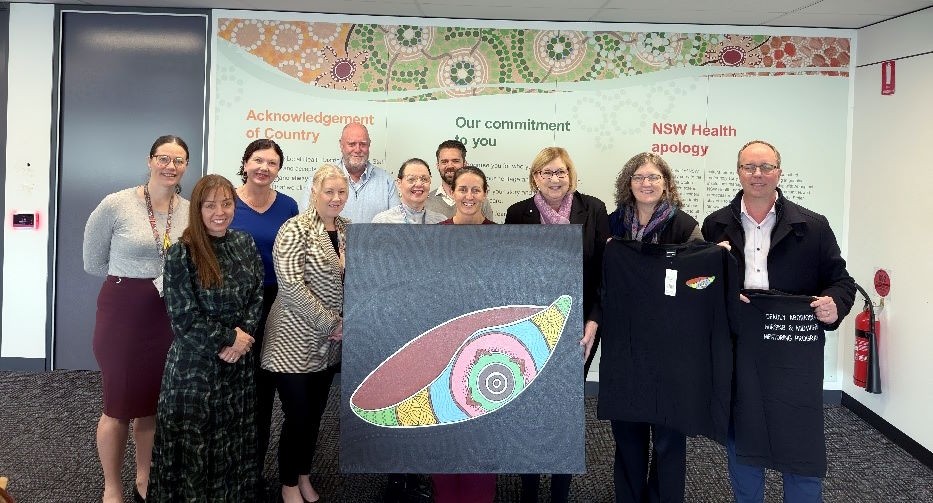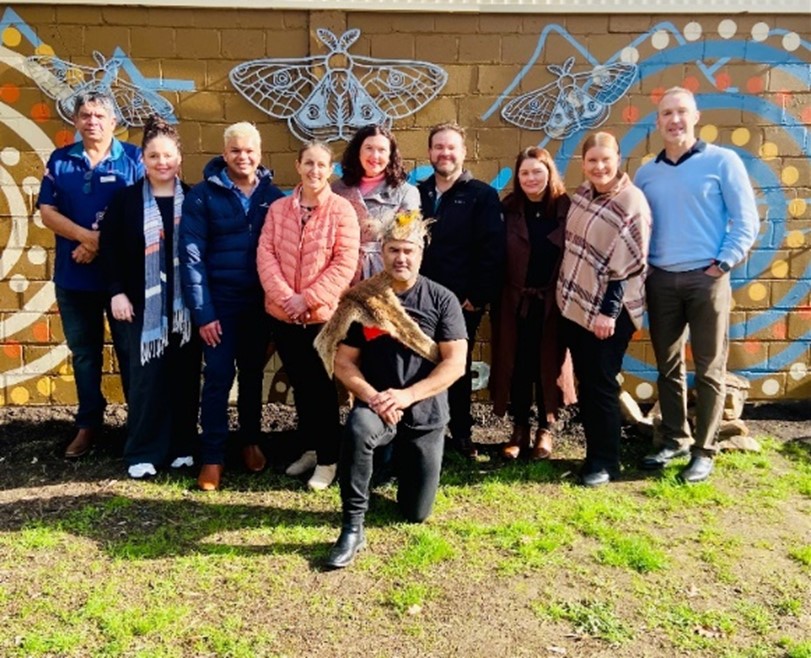Biles, J., Deravin, L., Seaman, C. E., Alexander, N., Damm, A., & Trudgett , N. (2021). Learnings from a mentoring project to support Aboriginal and Torres Strait Islander nurses and midwives to remain in the workforce. Contemporary Nurse, 57(5), 327-337. https://doi.org/10.1080/10376178.2021.1991412
Biles, J., Deravin, L., McMillan AM, F., Anderson, J., Sara, G., & Biles, B. (2023). Aboriginal and Torres Strait Islander nurses and midwives culturally safe mentoring programmes in Australia: A scoping review. Contemporary Nurse, 59(2), 173-183. https://doi.org/10.1080/10376178.2023.2175700
Biles, J., Damm, A., Fernando, P., Pietsch, T., Biles, B., Anderson, J., McMillan AM, F., Flemington, T., Alexander, N., Sara, G., Bradley, C., Willis, R., Fealy, S., Davies, N., & Havelka, J. (2023). "DANMM that’s good!”: Evaluating the feasibility and acceptability of the Deadly Aboriginal and Torres Strait Islander Nursing and Midwifery Mentoring (DANMM) Program across rural, regional, and metropolitan NSW. The journey so far…. Abstract from ASMIRT 2023 Conference, Sydney, New South Wales, Australia.
Biles, J., Fealy, S., Sara, G., Anderson, J., McMillan AM, F., Christian, B., Davies, N., Willis, R., & Biles, B. (2025). What is the state of play? A nursing and midwifery workplace satisfaction survey across five local health districts. Contemporary Nurse, 61(1), 58-76. https://doi.org/10.1080/10376178.2024.2425753
Biles, B., Christian, B., Marshall, C., McMillan, F., Sara, G., Anderson, J., Davies, N., Fealy, S., & Biles, J. (2024). ‘DANMM that’s good!’: evaluating the feasibility and acceptability of the Deadly Aboriginal and Torres Strait Islander Nursing and Midwifery Mentoring (DANMM) Programme across rural, regional and metropolitan NSW–a collaborative study protocol. BMJ Open, 14(2), 1-9. Article e079416. https://doi.org/10.1136/bmjopen-2023-079416
Fealy, S., McMillan, F., Damm, A., Biles, B., Dawson, N., Anderson, J., & Biles, J. (2025). Evaluating the implementation of the Deadly Aboriginal and Torres Strait Islander Nursing and Midwifery Mentoring (DANMM) programme: A mixed-methods pilot study conducted across four local health districts in New South Wales, Australia. BMJ Open, 15(9), 1-12. Article e101980. https://doi.org/10.1136/bmjopen-2025-101980



